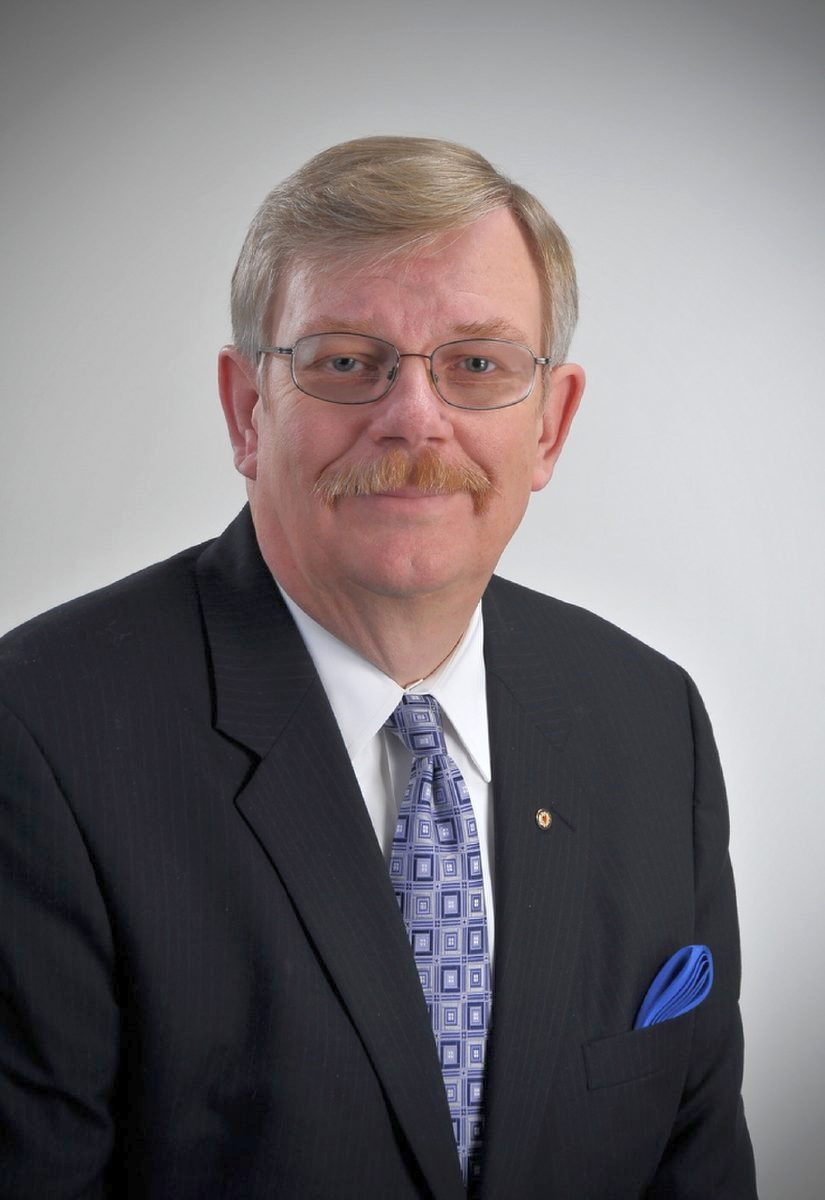“You should always go to other people’s funerals, otherwise they won’t come to yours.”
Yogi Berra was, to my way of thinking, one of the two most significant philosophers of the 20th century. He had a simple, direct way of looking at life and summing up its highest order principles in his own elegant way. He was extraordinarily deft at applying the famed razor of William of Ockham.
To someone like me who grew up in a blue-collar home in a small northeast Indiana town, Ockham’s Razor can be understood as: “Cut the crap and get to the point.”
Which I will try to do.
Several weeks ago, I lost another cousin to a premature death. This is the third one, all younger than I, to predecease me. I descend from several quite large German immigrant families who settled Allen County well before the Civil War. I have at least 30 close cousins, by “close” I mean they were part of our Christmas gatherings and whose birthdays were an opportunity for us all to get together on one of the farms or at a city home.
We were a fecund tribe, something that has been lost in the demographic crisis of declining childbirth rates. I have second and third cousins, once and twice removed, whom I don’t even know. (A word to the wise: Don’t ask me to explain the difference between a second cousin and a first cousin once removed. I know the difference and can hold forth on the subject for hours.)
One of things I enjoy most in my dotage is to talk to someone who, unbeknownst to either of us, is my third cousin. This has happened more than once and it can be simultaneously both exciting and embarrassing to learn that a friend of many years is a relative.
Yogi is reminding me of his muse Ockham’s Razor right now so let’s get back to funerals.
My wife and I attended my cousin’s funeral and of course we were in the procession going to the cemetery. Funeral processions are a community ritual, more so in small towns but even in my Fort Wayne. There are still enough of us traditionalists around that we understand their significance. It is a procession of the family and friends of a member of our community who is being laid to rest. Reverential respect is the order of day even though we very likely never knew the deceased.
Even in semi-metropolitan Fort Wayne, protocol is observed. By that I mean oncoming traffic pulls over and stops until the procession has passed.
This funeral procession was not large but it needed to travel from one side of town to the other so that my cousin could be buried in the large Lutheran cemetery close to his parents. We went through downtown and traversed several rather busy thoroughfares. Nearly everyone stopped while we passed.
Everyone, that is, but for one driver with a rather inflated concept of self-importance whose time is much more important than everyone else’s. This impatient person pulled into the oncoming lane and passed the entire procession at a high rate of speed, running the red light at the next intersection. Fortunately the cars in the other lane had pulled over to the curb and those at the intersection were stopped to allow us to pass through so this self-important person was able to speed by without incident.
Perhaps this person was rushing a sick family member to the hospital or had been called to an emergency, so I should not be judgmental. Much more likely is that the driver just couldn’t be bothered to show respect for the deceased and his grieving family and friends. Even so, I am more saddened than angered by the fact that there are those so self-absorbed to feel no obligation to observe long-held social customs if it involves the least bit of inconvenience.
A positive take on this is that almost everyone else pulled over and stopped. Our midwestern ethos is still defending itself against the anti-culture barbarians at the gates. We are not Portland. There is comfort to be had in that.




